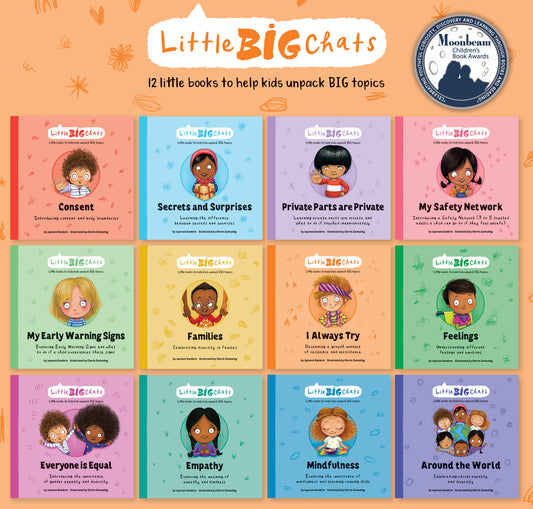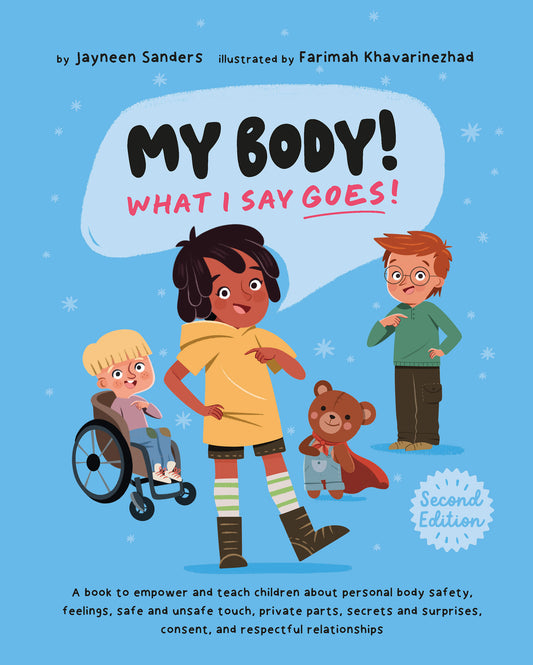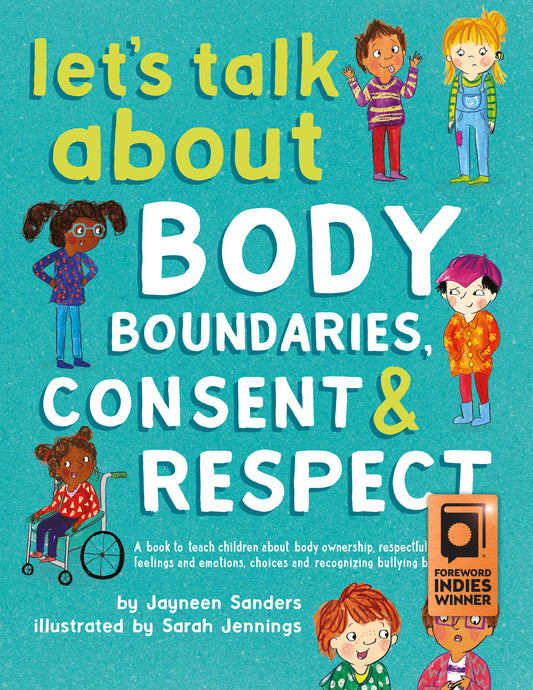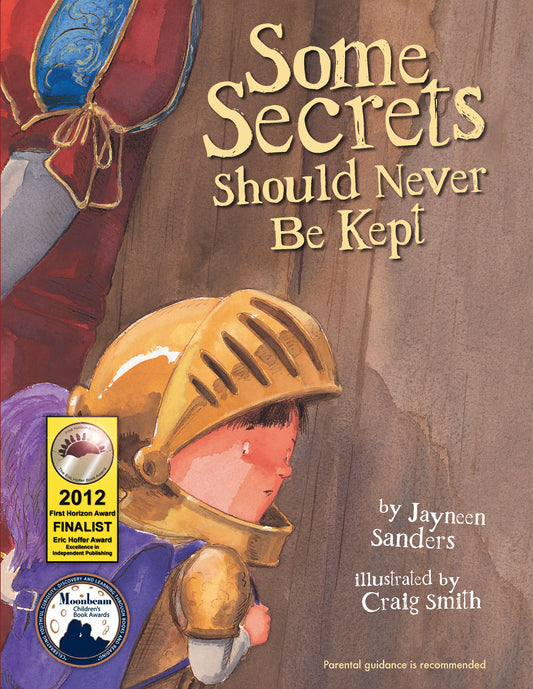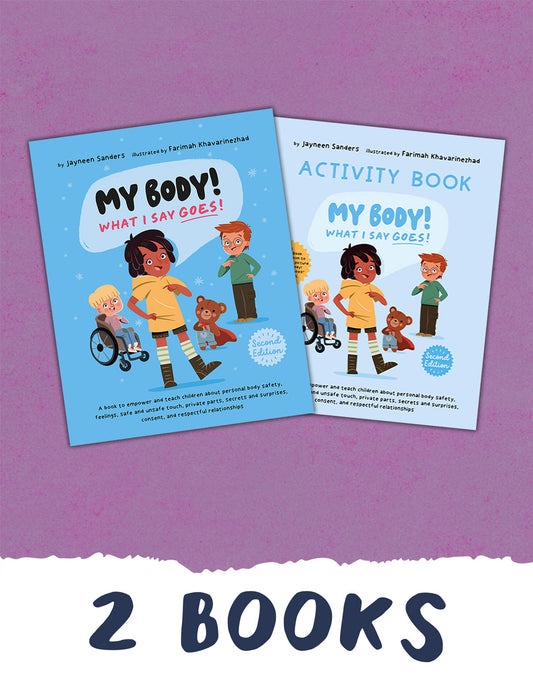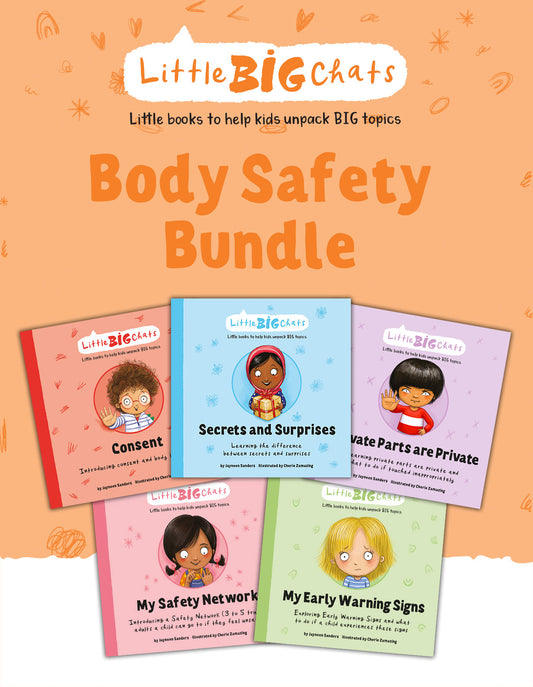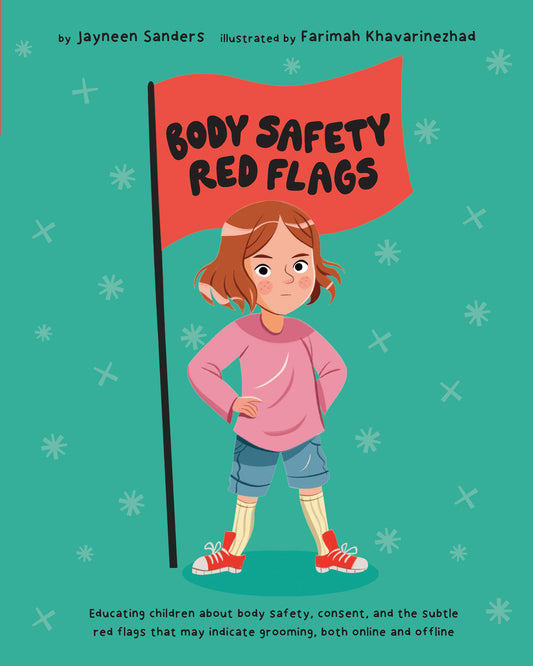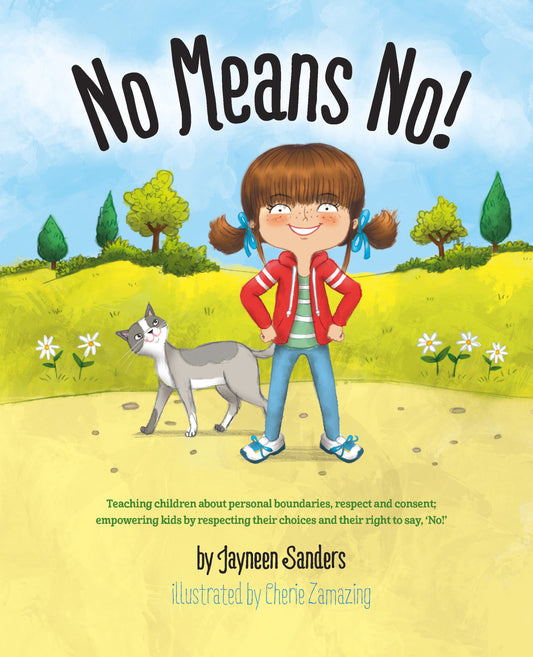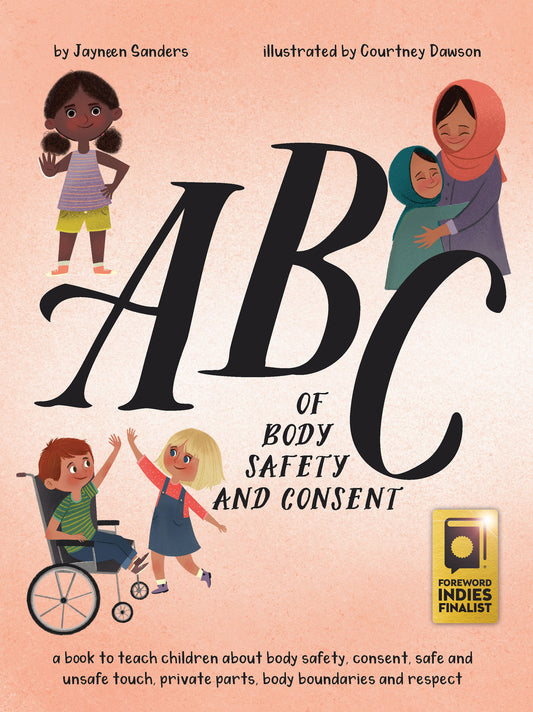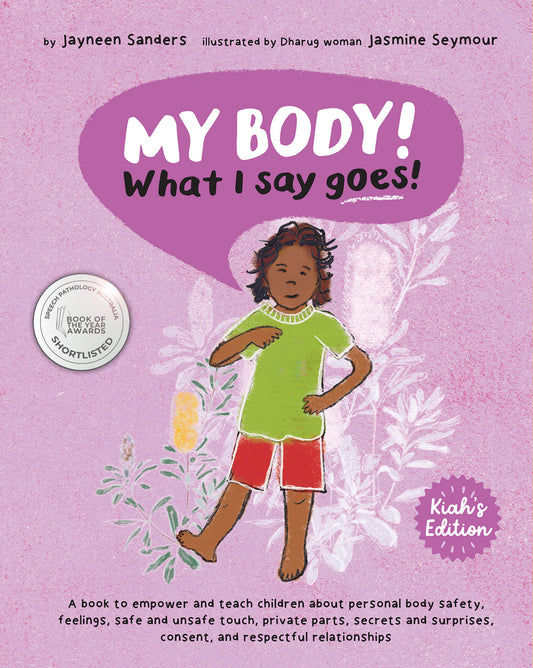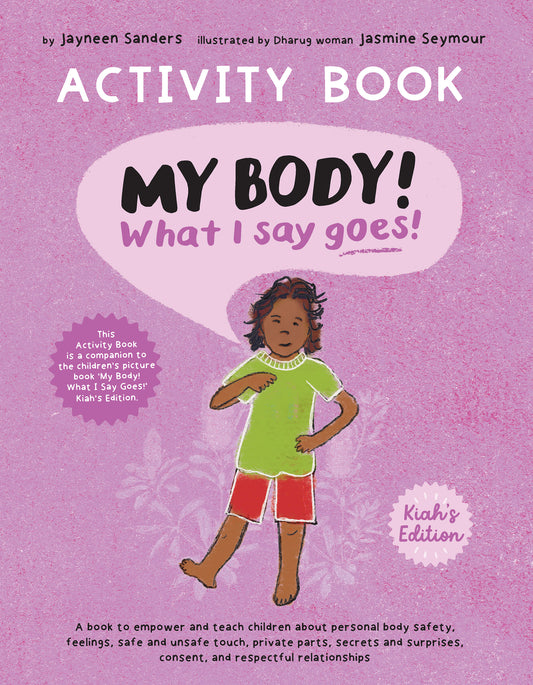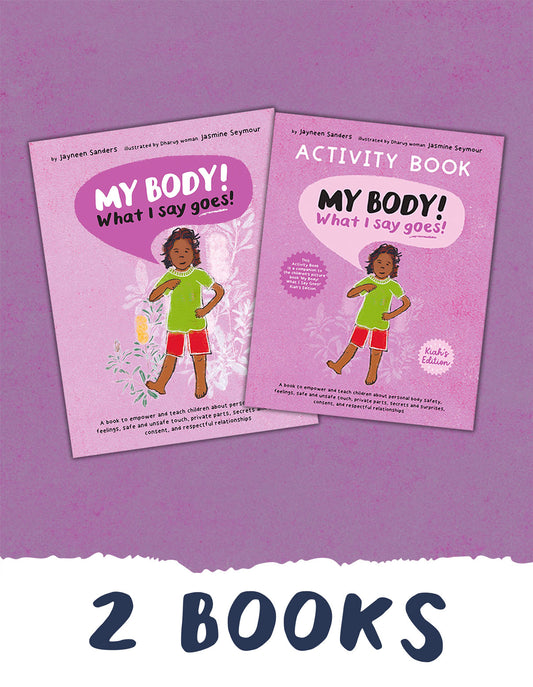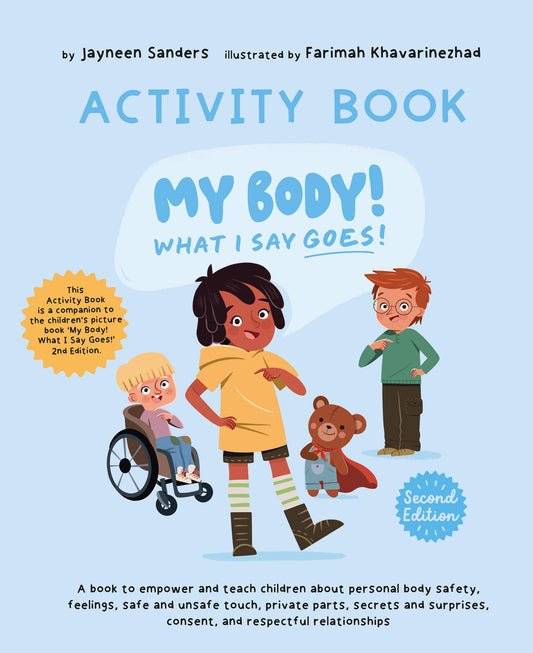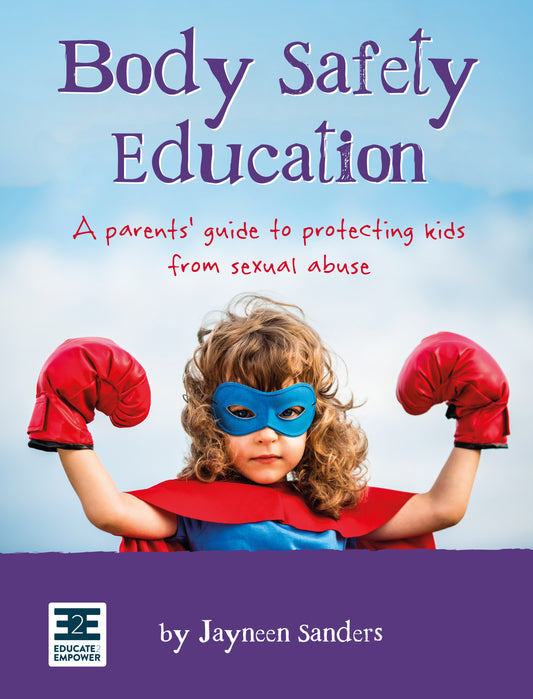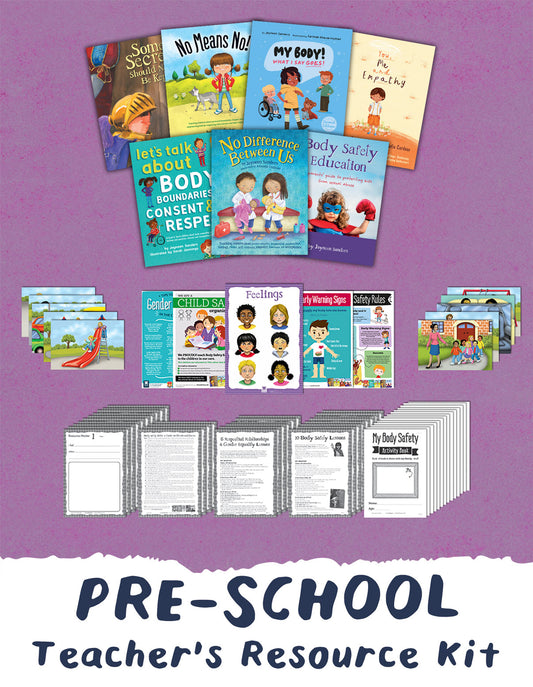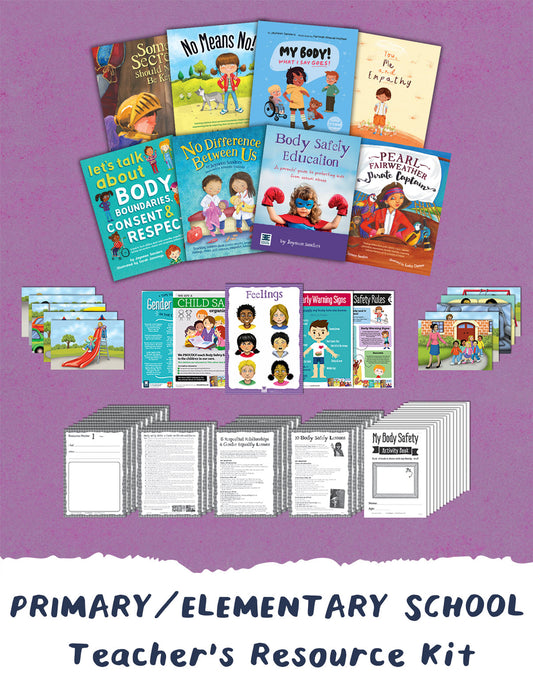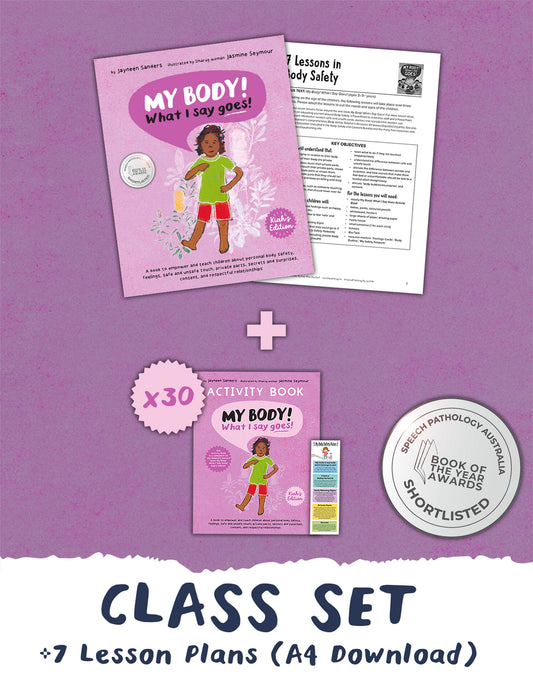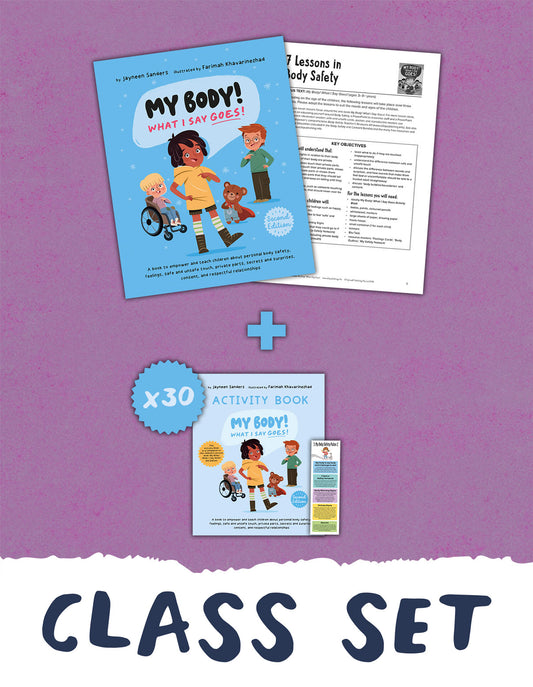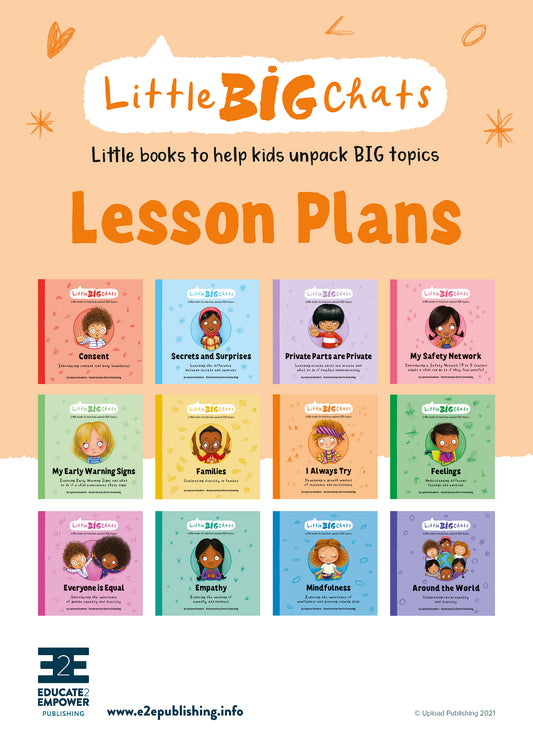A council in Albany, Western Australia, has rejected calls from a conservative group to remove and restrict access to two sex education books from its public library. The group argued that Welcome to Sex and Sex: A Book for Teens were inappropriate and crossed the line from education to promoting explicit acts. They proposed restricting access to Welcome to Sex for teens over 16 and removing Sex: A Book for Teens entirely until reviewed by the Australian Classification Board.
Despite a petition and national attention, the council voted 8-3 to reject these motions. However, the council did agree to move Welcome to Sex from the junior to the young adult section.
Experts, including the Australian Library and Information Association, have opposed these efforts, stressing that young people need access to accredited sexual education materials to make informed decisions. Concerns about censorship and inclusivity were also raised, with some councillors warning about the slippery slope of banning books.
Books are an extremely powerful tool of empowerment, and their accessibility is paramount. The ability of our public libraries to provide young people with free access to accurate educational resources that are relevant to their lives and speak in a tone of respect, is crucial in ensuring young people are informed, confident, and prepared to navigate important topics such as sex, consent, gender, and identity. This is given added weight when the alternative source of information is often pornography, manosphere commentators and other toxic social media influencers.
The safety of children is often cited as the motivation for these bans, however, the ability to have age-appropriate and open discussions and to teach what respectful relationships look like is key to ensuring children and teenagers have an understanding of their rights, the ability to recognise unsafe situations and the confidence to protect themselves.



